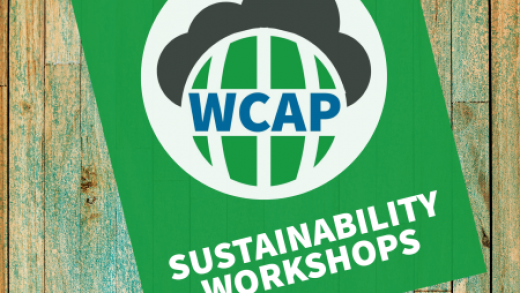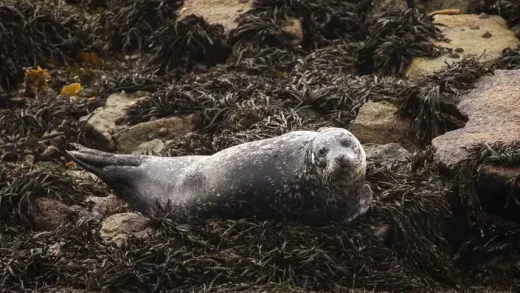The Government is expected to publish its new food strategy today (13 June), aimed at combatting rising food costs and obesity levels while enshrining nature, conservation and regeneration into local food production.
However, first glimpses of the strategy suggest that the UK looks set to ignore nature and its ongoing rewilding efforts in a bid to improve food costs in the short term.
A leaked version of the strategy was obtained by the Guardian, which states that the Government has largely ignored recommendations from the restaurateur Henry Dimbleby, who based his research as to how the government can improve the environment while tackling obesity.
In his recommendations, Dimbleby called for a 30% reduction in meat and dairy consumption, which not only helps improve health, but builds on research that cutting consumption of these foods could reduce emissions.
However, the Guardian has stated that the Government is ignoring these recommendations in favour of more fishing, a consultation on technology that can reduce methane from cattle and ways to boost regenerative farming approaches.
According to the Guardian, the Government’s version instead states: “Sustainable sources of protein do not have to be new or novel or displace traditional sectors. Regenerative farming will also provide a more sustainable production of traditional protein sources. Using livestock to benefit the environment in balance with food production is already being championed by many small-scale farmers.
”Labour has responded to the leak strategy, branding it as “bordering on preposterous”, while Greenpeace labelled it “worse than half-baked”.
Commenting on the news, Kate Norgrove, executive director of advocacy and campaigns at WWF, said: “With food prices soaring, there is a clear and pressing need to make the UK’s food system shock-resistant. Defra’s commitments to producing sustainable, affordable and healthy food are a welcome start, but must now take top priority across all of government.
“Words must be matched by urgent steps to drive the shift towards more plant-rich diets, ensure farmers have the support they need to accelerate the transition to nature-friendly farming in England, and set core environmental standards for all food sold here. What’s on our plates, wherever it’s produced, must be good for people and planet.”
WWF did welcome the Government’s proposed plan to introduce regenerative farming practices as part of a wider push to respond to the climate crisis, but more information on how this would work is required.
Last year, a report from the Food, Farming and Countryside Commission (FFCC) stated that land use in the UK must be dramatically transformed by the end of the decade if the UK is to meet its 2050 net-zero target, with space re-allocated from livestock to vegetables, meadows and hedges. This will result in all of us eating less meat and more plant-based foods.
Entitled ‘Farming for Change’, the report maps a “no regrets” route for the farming sector to align with the UK’s long-term climate vision in the coming years. Calculations are based on a scenario in which annual emissions from the sector decrease by around 40%, with offsetting used to address the remaining 60%. ‘Insetting’ through the creation of new forests and peatlands in the UK should, in the FFCC’s opinion, be the preferred option.
The report states that the amount of land available for “green and ecological infrastructure” including meadows and hedgerows will need to almost double by 2030. At present, only 2% of agricultural fallow land is being used this way.
Many of the recommendations in the report align with those of the Climate Change Committee, which published its land-use recommendations for net-zero in early 2020. Land use in the UK is responsible for 12% of national annual emissions and the majority result from agriculture.
Source: edie



